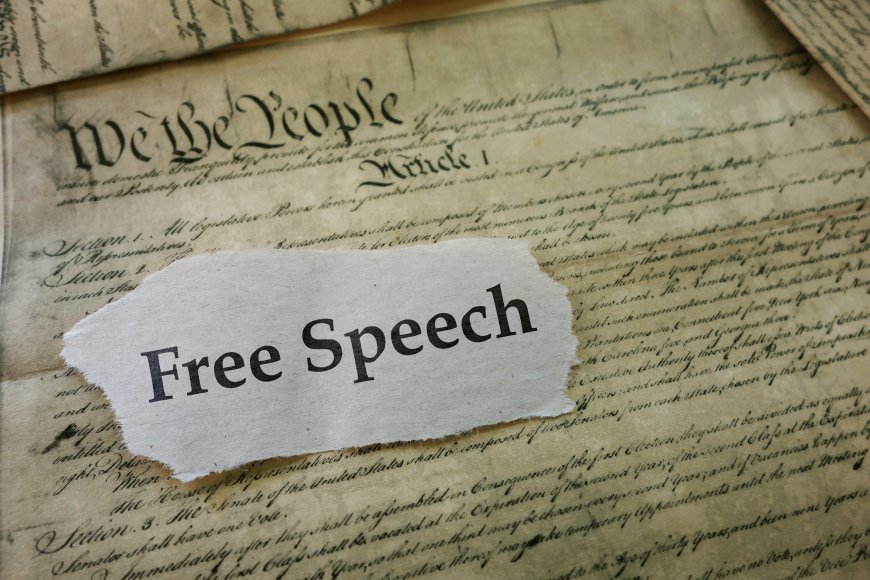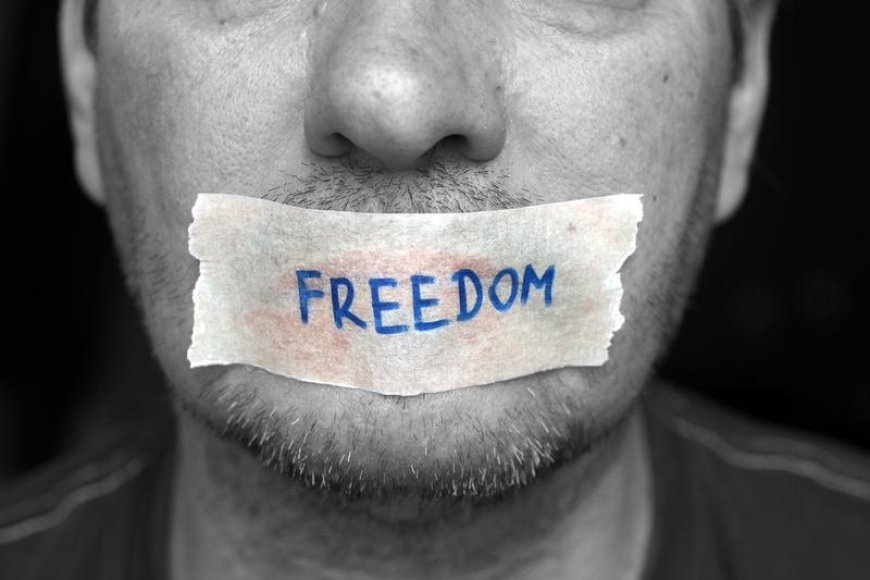We Walk The Talk
The concept of free speech emerged from a historical backdrop where expressing dissent could lead to severe penalties, such as imprisonment or exile. As Europe transitioned into the Enlightenment, thinkers like John Locke and Voltaire championed the rights of individuals, promoting the idea that freedom of expression was essential to human dignity. Their revolutionary ideas began inspiring movements across the globe, notably in the American colonies and during the French Revolution, leading to declarations that enshrined free speech as a fundamental right. However, the journey was marked by challenges, as governments often sought to suppress dissenting voices. The U.S. Constitution’s First Amendment became a pivotal moment in the legal protection of free speech, though the struggle for this right continues globally, facing threats from repressive regimes. The legacy of free speech is a testament to humanity’s persistent quest for justice and equality, illustrating that defending this right is crucial for a vibrant and democratic society. As we face modern challenges like digital censorship and misinformation, the historical lessons remind us that every voice matters in the ongoing fight for freedom of expression.

Imagine a world where speaking your mind could lead to imprisonment, exile, or worse. Picture a time when powerful monarchs and authoritarian regimes wielded absolute control over what could be said, written, or even thought. This was the reality in Europe during the centuries leading up to the Enlightenment—a time when the courage to articulate dissent was not only frowned upon but considered treasonous. Yet, amidst this oppression surged a profound yearning for personal liberty and the right to voice one’s opinions. This potent desire laid the groundwork for the birth of free speech as we understand it today.
The Intellectual Awakening
As the shadows of tyranny loomed large in the 17th and 18th centuries, the Enlightenment brought forth a remarkable shift in thinking. Intellectual giants like John Locke and Voltaire began to emerge, advocating for the inherent rights of individuals. Locke’s assertion that government should be based on the consent of the governed resonated across the European continent, inspiring those who felt oppressed by their rulers.
Voltaire famously stated, “I disapprove of what you say, but I will defend to the death your right to say it." This powerful declaration epitomized the spirit of the Enlightenment: a commitment to intellectual freedom that transcended personal opinions. Writers, philosophers, and thinkers began to use their pens as swords, challenging the status quo and questioning the morality of absolute power. Books, pamphlets, and essays became the vehicles for radical ideas, with salons and coffeehouses serving as the crucibles of revolutionary thought.
From Theory to Revolution
As these revolutionary ideas spread, so too did the determination to put them into practice. The American colonies, fueled by a sense of injustice against British rule, began to embrace the principles of free speech and expression. The fiery pamphleteer Thomas Paine mobilized insurrection through his writings, most famously in "Common Sense," where he encouraged colonists to break free from the shackles of oppressors.
Simultaneously, the French Revolution unfurled in a passionate whirlwind. Citizens, tired of censorship and inequality, stormed into a new era of thought and expression, demanding their voices be heard. The Declaration of the Rights of Man and of the Citizen, adopted in 1789, proclaimed that “the free communication of ideas and opinions is one of the most precious of the rights of man.” It marked a radical departure from centuries of silencing dissent, championing the belief that the voice of the people must be paramount in any society.
The Birth of Legal Protections
However, the road to a society that truly values free expression was fraught with challenges. While revolutionary fervor paved the way for new rights, the fight against censorship and repressive regimes continued. Governments, wary of losing control over the populace, often sought to reinstate measures to suppress free speech. That resistance only fueled further opposition, leading many to recognize that the right to speak freely must not only be valued but also enshrined in law.
Initially, this took shape in the constitutional frameworks of emerging democracies. The United States Constitution, ratified in 1788, included the First Amendment, which forbade Congress from making laws that would abridge the freedom of speech or the press. This was a bold commitment, marking the U.S. as a beacon of free expression in a world still enmeshed in oppression.
A Continuous Struggle
Yet, the battle for free speech did not end with the signing of these foundational documents. History reveals a continuous struggle, one that stretches across borders and generations. While some nations embraced free speech, others erected formidable barriers to silence dissenting voices. Dictatorships and totalitarian regimes have repeatedly risen, demonstrating that the right to free speech is a fragile one that must be vigilantly protected.
Indeed, freedom of speech is not an absolute right in its entirety; it coexists with societal values and responsibilities. The delicate balance between protecting free expression and preventing harm remains a topic of intense debate, underscoring how the reflections on this right have evolved over time.

Conclusion: A Legacy of Courage and Conviction
As we reflect on the historical context of free speech, we find a powerful narrative of courage, conviction, and the indomitable human spirit. From the Enlightenment thinkers who dared to challenge authority to the revolutionaries who fought for their voices, the journey toward establishing free speech as a fundamental human right is a testament to humanity’s relentless quest for justice and equality.
Today, as we navigate an era marked by new challenges—digital censorship, misinformation, and the struggle for racial and social justice—the lessons of the past resonate deeply. The birth of free speech was not merely the triumph of individual expression; it was a profound acknowledgment that every voice matters. And in the resonant echo of those long-ago battles, we must continue to defend our right to speak freely, for the power of speech is indeed the foundation of a vibrant, just, and democratic society.
What's Your Reaction?















































































































